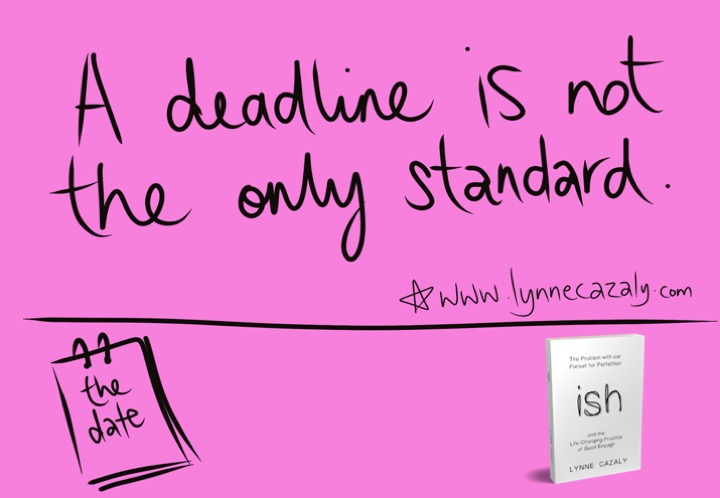Working and overworking - How much work is enough?
 Wednesday, December 4, 2019 at 5:48PM
Wednesday, December 4, 2019 at 5:48PM  'Burnout is an occupational phenomenon,' said the World Health Organisation this year.
'Burnout is an occupational phenomenon,' said the World Health Organisation this year.
Yet here we are working harder, longer and under more pressure, stress and expectations than ever. The sweat of prolonged activity; you feel it at the gym. And then the gym session finishes, it’s recovery time.
But when does work let up? How much more effort, hours and days will you put into this thing, this project, presentation, report or ... you know, the *thing*!? A deadline is a due date. It doesn’t mean 'work 24/7' until the due date. But we get drawn in, believing more work effort will lead to a better result.
It doesn’t.
Avgoustaki and Frankort's University of London Research showed the implications of work effort can lead to higher stress, less satisfaction and recognition, fewer opportunities, less security.
What? This 'work' actually seems to work in reverse? Want a productivity gain? You need a clock, a timer, a calendar to see that you’ve worked too long on this.
We are all overworking on something. Check what you've done so far; is it good enough? Get another opinion or two.






















